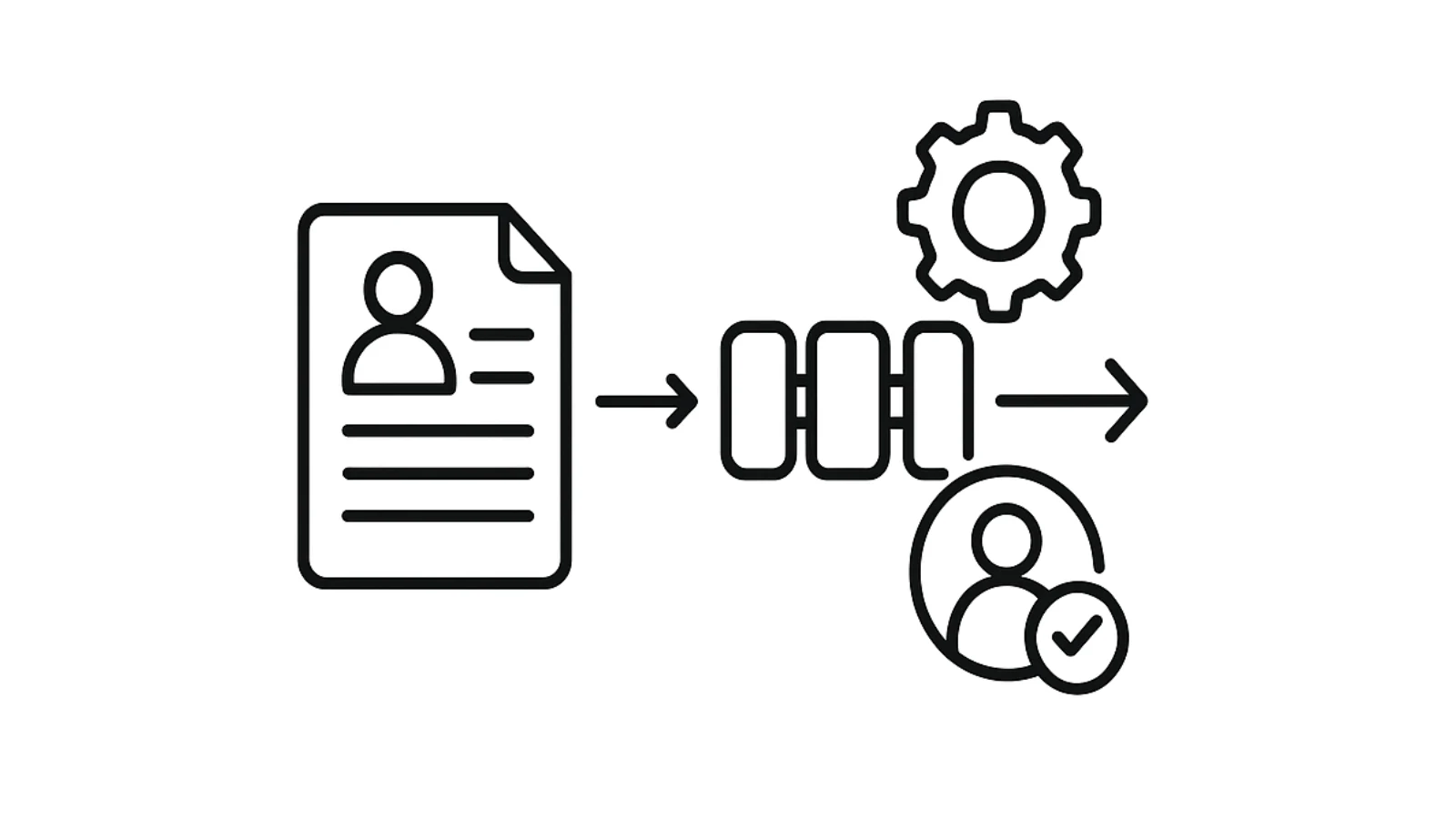
In the competitive landscape of sales, focusing on the right leads can make a significant difference in revenue generation. Companies often struggle to determine the value of each lead, including the likelihood of future conversion and potential spending. Without a clear strategy, sales teams may waste time and resources on leads that are less likely to convert, thereby missing opportunities to close deals faster.
Problem Statement
Identifying High-Value Leads for Targeted Sales Efforts Many companies face challenges in determining which leads are most likely to convert into high-revenue customers. Without a reliable model to predict conversion likelihood and potential revenue, sales reps may not effectively prioritize their efforts. This can lead to inefficient use of resources and missed opportunities, as the time taken to convert low-priority leads could be better spent on more promising prospects. The company needed a solution to analyse historical data and predict which leads would generate the most revenue, allowing for a more focused and efficient sales strategy.

Solution
- Solution Implementation:
- Deployed advanced AI/ML techniques seamlessly integrated with the company's existing workflow.
- Thorough classification of historical data, including demographic details, previous interactions, and conversion outcomes.
- Data Segmentation:
- Used a classification algorithm to segment data into two distinct groups: leads likely to convert and those unlikely to do so.
- Probability Scoring:
- Assigned a probability score to each lead to predict their future conversion potential.
- High-probability leads were routed to top-performing sales agents for optimal attention and expertise.
- Results and Benefits:
- Increased accuracy of lead targeting.
- Optimized overall efficiency of the sales process.
- Continuous learning and improvement through machine learning models.
- Adaptation to changing market dynamics for maintaining a competitive edge.

Conclusion
Similar Use Cases
 While predictive lead scoring with machine learning can significantly boost sales team performance, not every business needs a full-scale model to get started. At AI Alpha Tech, we also implement lightweight, high-impact solutions that help improve sales operations with minimal data and faster deployment.
While predictive lead scoring with machine learning can significantly boost sales team performance, not every business needs a full-scale model to get started. At AI Alpha Tech, we also implement lightweight, high-impact solutions that help improve sales operations with minimal data and faster deployment.Here are a few simpler use cases we often deliver:
- Basic Lead Prioritization: Use rule-based or scoring logic (e.g., source, job title, location, engagement level) to automatically assign priority levels to incoming leads.
- Lead Deduplication: Identify and merge duplicate leads in your CRM to improve data cleanliness and avoid redundant follow-ups.
- Interest Level Detection: Analyze email responses or website interactions to classify leads as "Cold", "Warm", or "Hot"—supporting better outreach planning.
- Follow-Up Suggestion Engine: Set up simple automations to remind sales reps when to follow up based on last interaction date, lead score, or activity signals.
- Geo-Based Lead Routing: Automatically assign leads to sales reps based on location or territory, improving speed and relevance of outreach.
- Email Engagement Scoring: Track and score lead engagement across email opens, link clicks, and replies to help identify sales-ready prospects.

